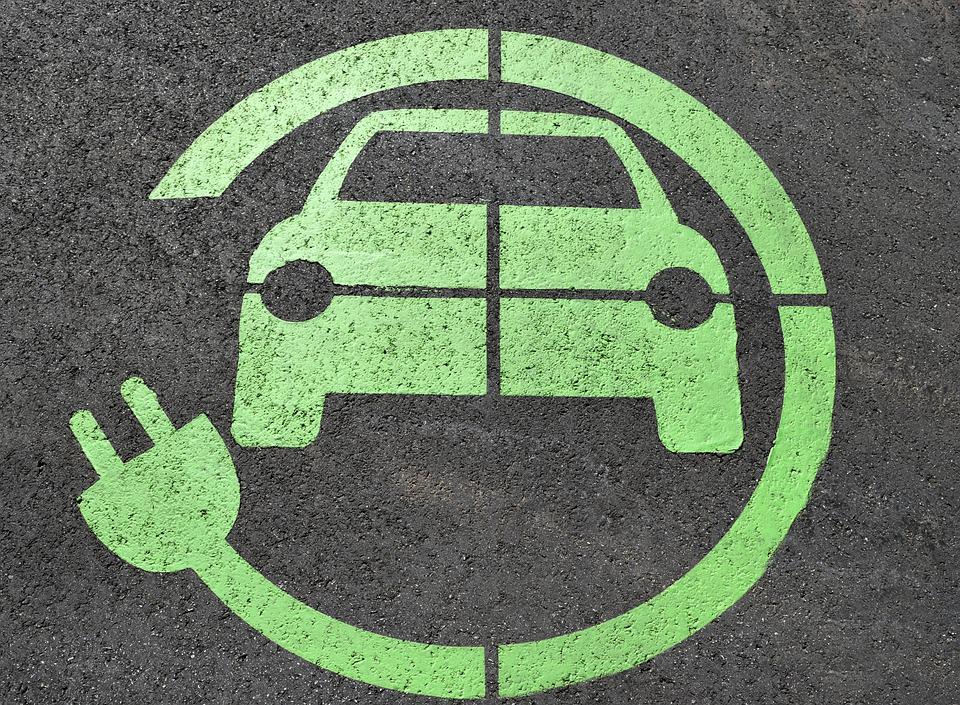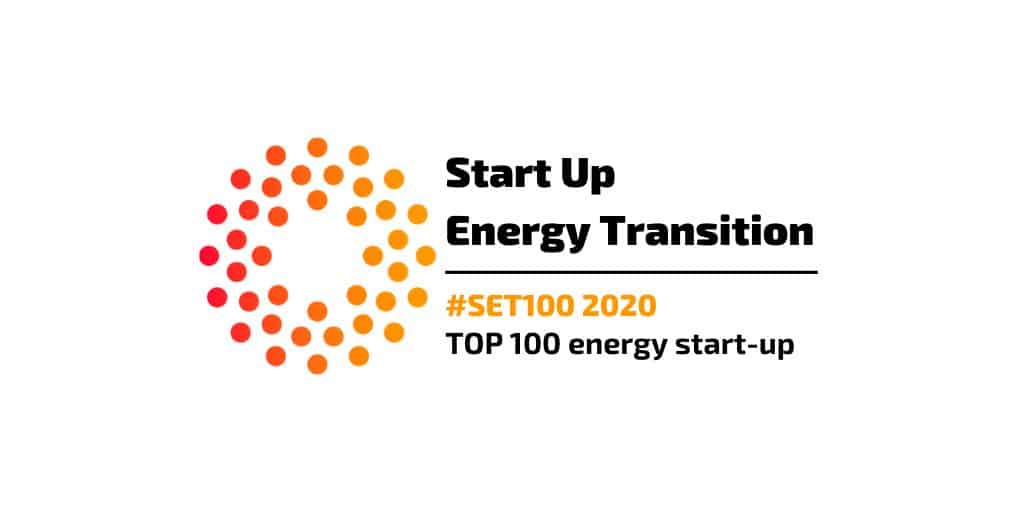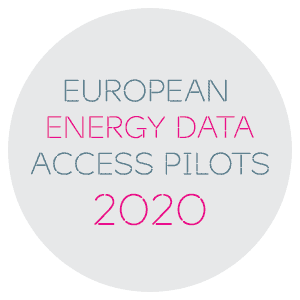02.05.2022

With the increased electrification of the transport sector and electrical vehicles set to gradually phase out internal combustion engines, the transition to a decarbonised society is underway, and we have entered an exciting time for technological advancement. With this new technology comes the development of a completely new ecosystem consisting of the various electric mobility players, such as charge pole operators and mobility service providers, as the transport and energy sectors merge.
Fleet managers often still face a learning curve to become familiar with the various roles in this new ecosystem. Managing a fleet of EV requires not fuel cards but charge cards. Vehicles have more limited range but can charge at home. Maintenance cycles are completely different, as are initial acquisition and residual value assessments. Not to mention that in this new and fast evolving landscape, it is a challenge to remain up to date with the various solutions and their interoperability. Regardless of the solution chosen, however, this new ecosystem currently lacks the ability to read data from electric vehicles, data sets that are essential for many EV-related use cases.
Industry players who already have optimisation processes running with charge poles are aware that charge poles cannot read the state of charge of a battery, which is a key parameter in optimising charging. While a charge pole is, to some degree, able to steer the charging of a vehicle, it is not capable of determining the current state of charge of the car’s battery or how many kilometres it has driven. This presents a problem for smart charging use cases because a significant factor in intelligently controlling the charging process is knowing the state of the battery, particularly when it first plugs in, as this will determine how long it needs to charge for. To optimise a charging session, it is necessary to know how much charging is required. If not, you might jump the gun and charge in the morning, while the bulk of your solar energy is generated in the afternoon. If you already have charge poles that you are optimising your charging process with, we have unlocked a data set that you can use to further improve your optimisations.
re.alto adds extra value to the charging process by offering our new hybrid model, which combines the capabilities of the existing charging infrastructure with the extensive data sets we now have available, including state of charge and kilometres driven. Users can get the state of charge and odometer reading through re.alto and then use the charge pole infrastructure to influence charging behaviour. The result is a complete solution, offering optimisation potential to anyone interested in doing smart charging today. With our solution, you can access state of charge of the battery, whether plugged or not and at any moment in time, enabling you to optimise charging and even anticipate charging. While charge pole infrastructure alone does not take the needs of the EV driver into consideration, our solution helps ensure the driver’s needs are met and that they have sufficient battery charge at a specific moment in time, while also reaping the financial benefits of opting to charge at a time when the price is lowest. For larger fleets or parking areas, optimisation between vehicles is also possible through a form of prioritisation, in which charging speed could be controlled based on the number of vehicles charging simultaneously or on the status of each individual battery. This is all done through the assetless connectivity of our cloud solution.
There are benefits to our hybrid model for utilities too. Electrification can present a challenge for the energy industry, as EVs introduce a high and relatively unpredictable energy demand onto the grid, which can make portfolio optimisation difficult. The statistical models that most utilities refer to for EVs today are significantly younger than their other consumption models, plus there are many external factors that can influence EV charging behaviour. Our data sets can help utilities better predict when an EV will be plugged in and how long it will need to charge, thanks to GPS coordinates and the state of charge of a vehicle, and this data can even be aggregated across an entire fleet. With the data sets we have on offer, utilities can better anticipate the energy needs of an EV portfolio over the next 24 hours and therefore source energy more accurately.
With our hybrid model, we directly obtain additional data from the car, and in doing so, enrich the solution that CPOs and MSPs have running today to ensure they do not run into the issues outlined above. We can provide the missing piece of the puzzle in the form of the data sets that your current EV ecosystem lacks. Whether your use case relates to smart-charging, portfolio optimisation or leasing contract management, our solution is the key to driving further optimisations.
Don’t hesitate to reach out to your service providers today to set this in motion with the help of re.alto.











